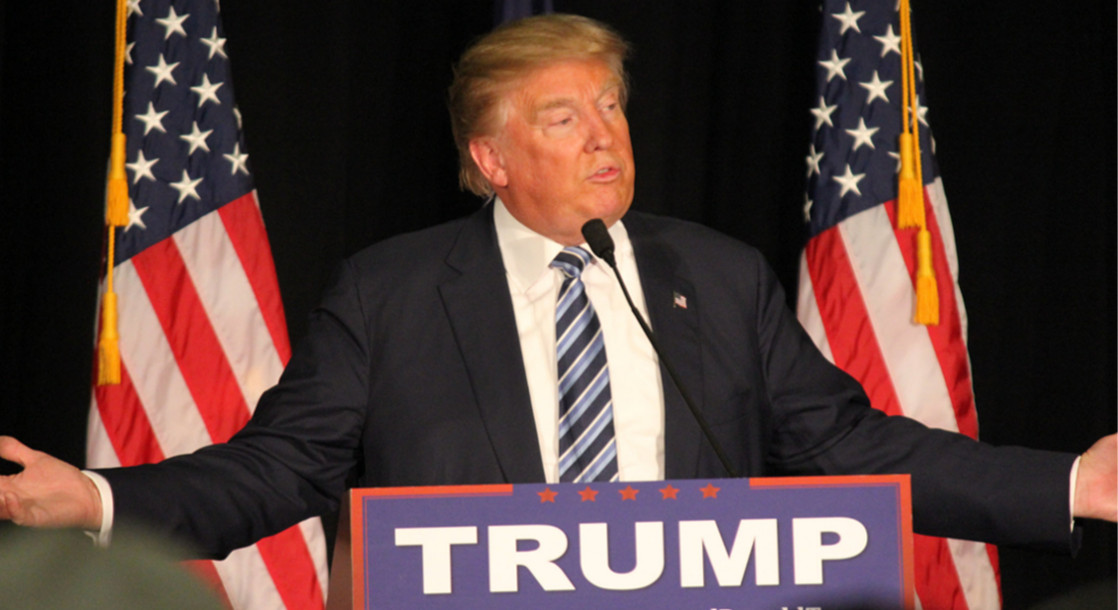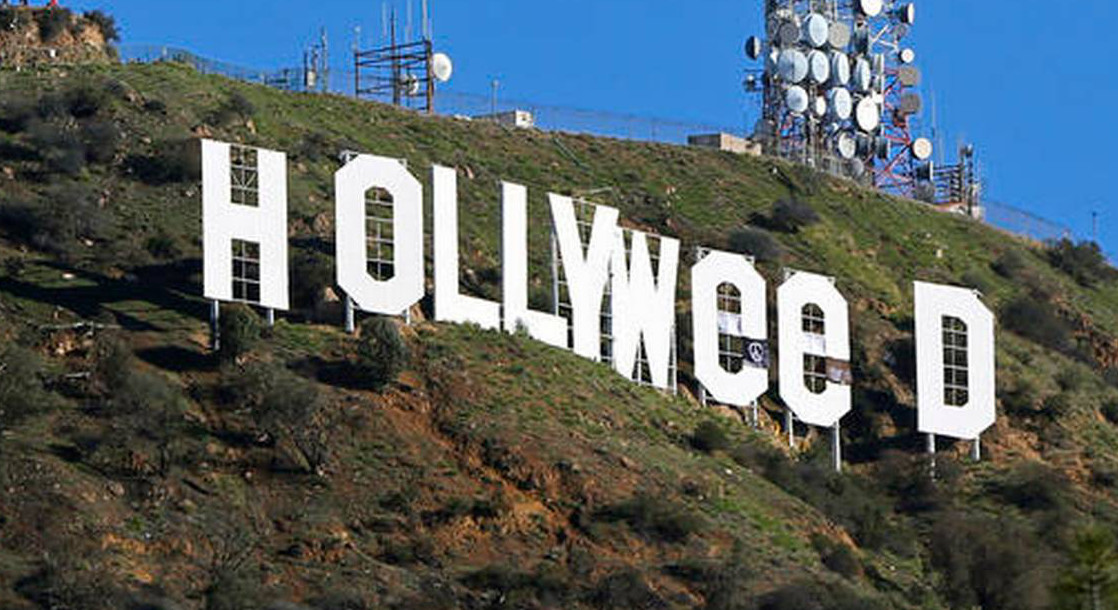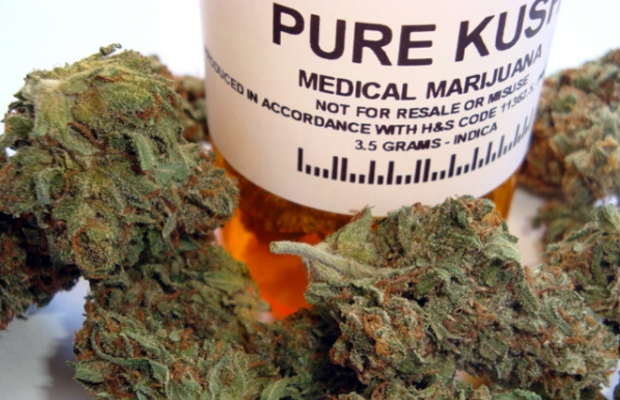Photo via Matt Johnson
The Trump administration has a solution to end America’s deadly opioid crisis once and for all — or so it says.
According to a report from Politico, the White House is mere days away from introducing its long-awaited plan for responding to the opioid epidemic, and will suggest a number of prevention, treatment, and prosecutorial tools aimed to curb the country’s so-far inescapable addiction and overdose crisis.
The expansive plan, expected to be formally announced as soon as Monday, calls for shifts in how the federal government pays for opioid prescriptions in order to decrease the drugs’ availability, increases in addiction treatment options through Medicare, and enhanced access to the overdose-reversing drug naloxone. Through such measures, the administration claims they will be able to curb opioid prescriptions by 33% in the next three years, and eventually end the crisis entirely.
But while most of those health-focused initiatives have been popular sticking points for health officials, addiction experts, and Trump’s opioid commission, the president’s plan also includes a number of more controversial, law enforcement-based tactics, including an easier path to mandatory minimum prison sentences and the addition of the death penalty for convicted drug dealers.
Trump has allegedly voiced his personal support for capital punishment of opioid traffickers for months now, going as far as to congratulate political leaders in countries like Singapore and the Philippines for their controversial death penalty tactics, a practice that has seen significant criticism from the international community at large.
Similarly, U.S. lawmakers from both sides of the aisle have been quick to speak out against the most severe aspect of Trump’s opioid response proposal, rejecting the idea that state-sponsored execution could effectively dissuade narcotics trafficking.
“I would have to strongly evaluate and look at any proposal like that,” Senator Dan Sullivan (R-Alaska) told Politico on Wednesday. “I don’t know if the president was serious or just said it off the cuff. … It’s a big issue when you decide to bring a capital case or pass a law that allows for capital punishment.”
“I mean, I get the message he’s delivering: We’ve got to treat it seriously,” said Sen. Shelley Moore Capito (R-W.Va.) adding, “I don’t see that that’s going to solve the problem.”
Additionally, continuing in the Trump administration’s tradition of ignoring of all things related to cannabis reform, the White House opioid response plan is, as currently reported, devoid of any mention of medical cannabis, despite continued scientific research suggesting that marijuana can have a positive effect in treating opioid addiction.
Before the president’s plan could be put into effect, the proposal will first need to be approved by Congress — a task that could prove to be a significant hurdle, both ideologically and financially, with billions of dollars in proposed programs and law-enforcement efforts included in the initiative.
Per Politico, Trump could present the nearly-finalized opioid response plan this Monday at a speech in New Hampshire, a state particularly hard hit by opioid-related issues.











